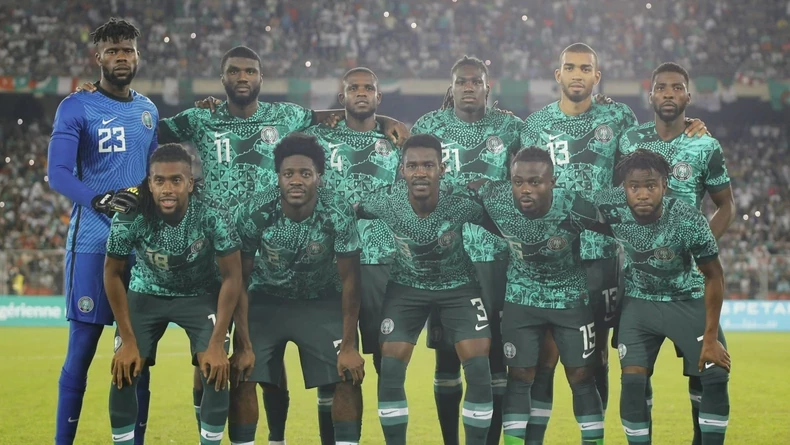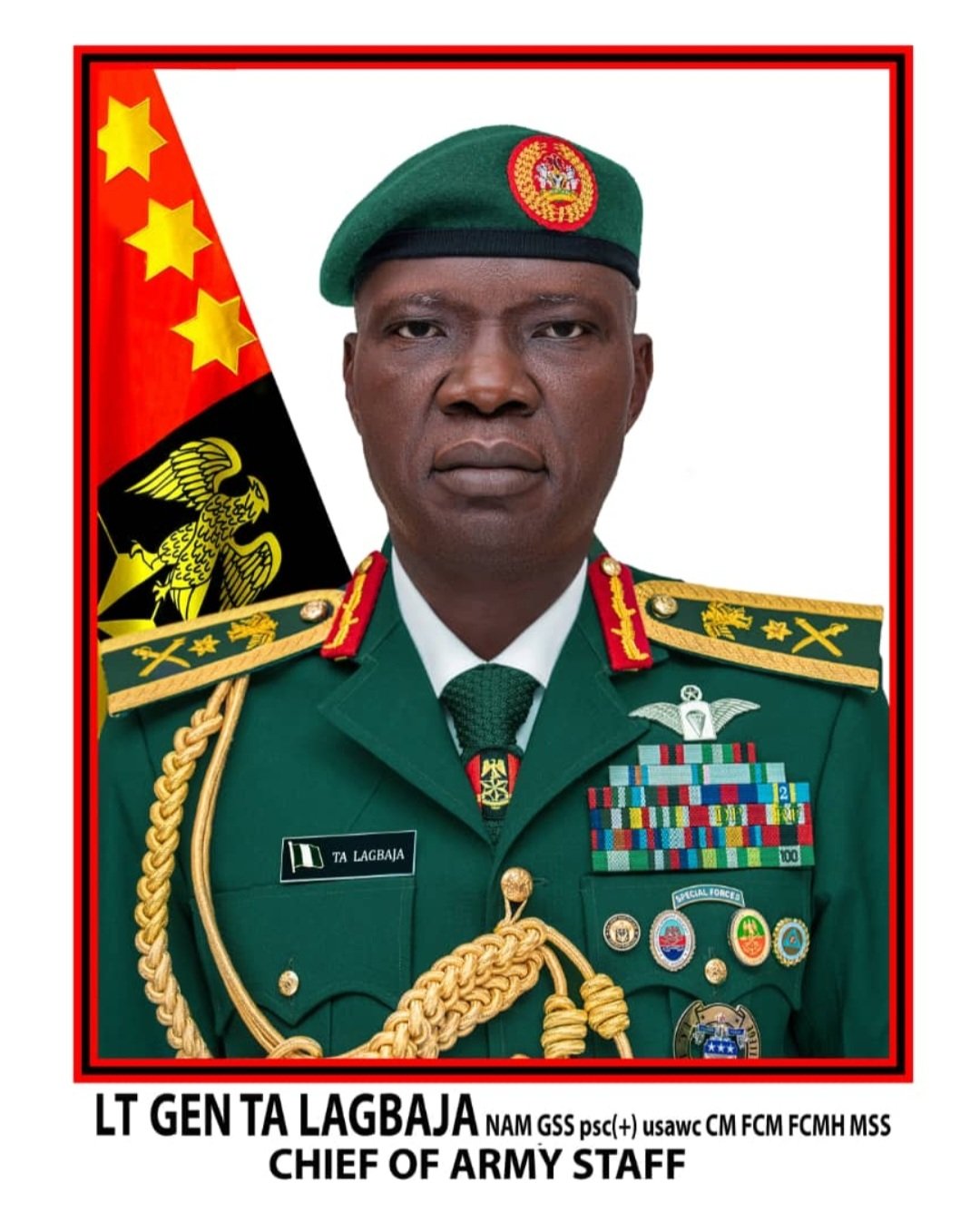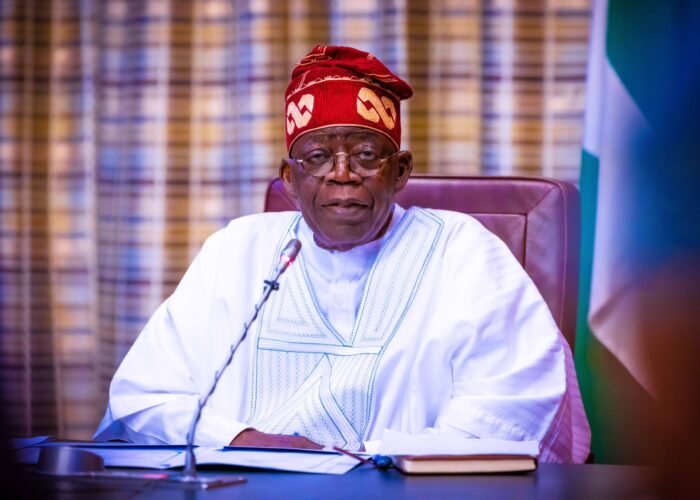327 total views today
Rethinking democratic reversals in Africa
By Emmanuel Oloniruha, News Agency of Nigeria(NAN)
Democracy is simply put as the government of the people, by the people and for the people while government is said to be responsible for creating and enforcing the rules of a society, defence, foreign affairs, the economy, and public services.
Governance similarly refers to structures and processes that are designed to ensure accountability, transparency, responsiveness, rule of law, stability, equity and inclusiveness, empowerment, and broad-based participation.
In a lecture titled “What is Democracy” in 2004, Larry Diamond posited that democracy as a system of government should have some basic elements such as a system for choosing and replacing the government through free and fair elections; and active participation of the people, as citizens, in politics and civic life.
Others are the protection of the human rights of all citizens and a rule of law in which the laws and procedures apply equally to all citizens.
These four major elements can be used as a yardstick to determine the strength of a democracy in a society because they contained the main ingredients that would bring much good to the majority of people through accountability and transparency.
Recently, at a webinar on the State of Democracy organised by the West African Elders Forum, an initiative of the Goodluck Jonathan Foundation (GJF), the body urged African leaders to put citizens’ welfare, peace, and security at the centre of governance in order to consolidate democracy in the region.
With the theme, “Making meaning of democratic reversals in West Africa” the participants examined the challenges to democratic governance in the region and how best to advance democracy amid the growing trend of coups and unconstitutional change of government.
The speakers at the virtual meeting also urged governments, regional and sub-regional bodies, to invest more in citizen-centric initiatives that would help serve as a buffer against threats to democracy.
They also called for strengthening democratic frameworks in countries to ensure accountability and guarantee free and credible elections.
The panellists noted that a decline in the region because of the poor state of governance had led to frustration and trust deficit between citizens and government.
They called for the rethinking of democracy in the continent to address citizens’ contemporary realities.
After the recent coup in Niger Republic, the ECOWAS Heads of State and Government rose against such unconstitutional takeover of democratically elected government and expressed the fear that if not properly handled it would form a pattern in the region.
President Bola Tinubu, who is the current Chair of the ECOWAS Authority, strongly condemned the situation and called for the immediate reinstatement of the dethroned President Mohamed Bazoum, while putting in place several sanctions against the military leaders including the use of military actions as a last resort.
“We will not allow coup after coup in the West African sub-region. We will take this up seriously with the African Union, European Union, America and Britain,” he said in his acceptance speech as the Chair, adding that “we will take it up, it is a challenge.”
Between August 2020 and now, five coups have occurred in three West African countries – Burkina Faso, Mali and Guinea with attempts in The Gambia and Guinea-Bissau foiled.
Nigeria’s neighbour to the North, Chad, had an unconstitutional change of government led by Lt. Gen. Mahamat Idriss Déby after his father’s death in 2021.
Mr Tinubu noted that although democracy is very tough to manage, it is the best form of government and countries of the region should ascribe to it.
“I make a pledge here that in furtherance of our region’s economic recovery and growth, we will commit to democracy and promote democracy and the rule of law. I am with you and Nigeria, we are back,” he pledged.
Acknowledging that he is the new kid on the block, the new Nigerian president said ECOWAS must bite back and cannot sit as a toothless bulldog, adding that “we will work collectively to pursue inclusive economic integration of the sub-region.”
In an article, Sebastian Elischer, Associate Professor of Political Science, University of Florida, examined four key variables and their influence on coup outcomes.
These are: the internal coherence of the armed forces, the ability of civil society organisations and political parties to mobilise against the junta, the deployment of donor leverage and trade dependency on regional and western partners.
Of these, he argues that the two that matter the most are: the internal cohesion of the military and the vibrancy of civil society groups.
Former Vice President Fatoumata Tambajang of the Gambia, who also runs a CSO, in her contributions at the webinar by the WAEF, attributed democratic reversal in the region to political leaders’ disregard for normative values of democracy and inability to deliver on their political promises.
“It is time to rethink democracy within our context. First of all, what are the factors leading to democratic decline?
“The context in the Sahel is complex because we have civil leaders who are not ready to respect the constitutions and civil institutions. They are also not ready to deliver on their democratic promises.
“Most of our leaders believe that after soliciting for votes and getting victory at the polls, they forget to deliver their promises to the people. Citizens are getting more aware and saying they are tired of voting and not seeing results.
“They are saying we want decent lives; we want food in our homes; we want security and competent people in the civil service who can deliver on services. They are equally saying we want equal opportunity, gender equality,” Tambajang said.
Also, Mr Remi Ajibewa, former Director, Department of Political Affairs, Peace and Security at Economic Community of West Africa States (ECOWAS) Commission, suggested that ECOWAS should focus more on citizens than incumbent presidents.
Ajibewa highlighted the many initiatives ECOWAS had done to safeguard democracy in the sub-region.
“We intend to see civilian coups, which manifest in referendums, popular uprising, military-assisted transition, and constitutional review after the election. It’s not that ECOWAS has not been doing well. It is a problem of perception.
“Citizens within the continent see ECOWAS as a body more interested in securing the regime of incumbent presidents and not working for the people’s interests. ECOWAS needs to move from ECOWAS of the government to ECOWAS of the people,” he said.
Ajibewa also said that safeguarding democracy in the continent required collective effort and urged stakeholders to work towards protecting and promoting democracy in the region.
“All of us, from civil society to member states, to ECOWAS, AU to the UN, all have a role to play. We need to mobilise to strengthen member states institutions to have a peaceful and inclusive electoral system,” Ajibewa said.
The Executive Director of Sahel Institute for Democracy and Governance, Mr Moussa Kondon, called on ECOWAS to redouble its efforts to protect democracy in the sub-region.
Kondon, also a panellist at the webinar, said that with ECOWAS, it was always negotiations and tonnes of negotiations while people were suffering.
“With globalisation, people have access to information and are more informed than before. ECOWAS must proactively engage and uphold its relevant instruments, especially those promoting democracy and good governance,” he said.
The Executive Director, GJF, Ann Iyonu, described the views and opinions of the participants as not only commendable but enlightened and useful in addressing the menace.
Iyonu expressed GJF continued commitment to supporting and promoting critical projects and discussions that are capable of promoting good governance and deepening of democracy in Africa.
“We at GJF we’ll continue to do the work we do on the foundation and try to protect the integrity of our democratic process.
“I assure you that on behalf of the Foundation and WAEF we remain committed to ensuring that democracy strives not only in the West Africa sub-region but the Africa continent.
Mr Ismail Abdulaziz, a senior editor with the News Agency of Nigeria(NAN), in his contribution, called on CSOs to strengthen democracy in Africa through the enlightenment of people and the leaders on what constitutes good governance.
“There is also need for the CSOs to hold power to account and to get the buy-in of the ruling party by not acting as alternative government.”
Abdulaziz believed that WAEF was also growing into respectable leader’s views in having good governance and constitutional government in the region.
“As democracy evolve in Africa, the issue of terms for leaders will be resolved and it will serve as a model for other democracies,” Abdulaziz said
Some analysts said that the major reasons for coups and its acceptance in Africa cannot be divorced from the lack of democratic dividends for the population.
They, however, added that in spite of peoples hope for a better future with the coupists, they may not deliver the expectations of the people in the region.
Other analyst believes that a true form of democracy with an inbuilt checks and balance through separation of powers among the different arms of government is another way to ensure that reversal of constitutionally elected governments did not continue to gain ground in the region.
Out of at least 242 successful military coups that have occurred globally since 1950, Africa accounts for the largest number at 106. This is a trend that need to be contained by all stakeholders.(NAN)
**If used, please credit the writer and the News Agency of Nigeria(NAN)













